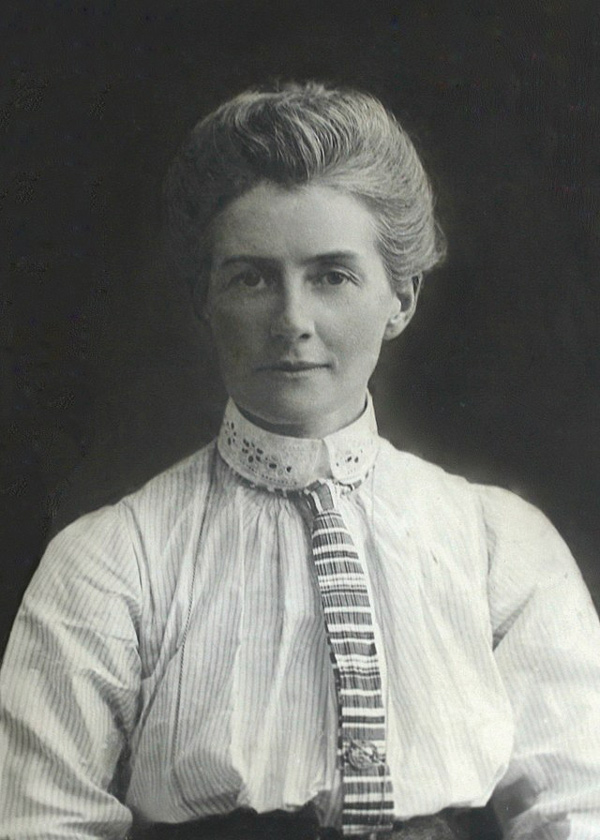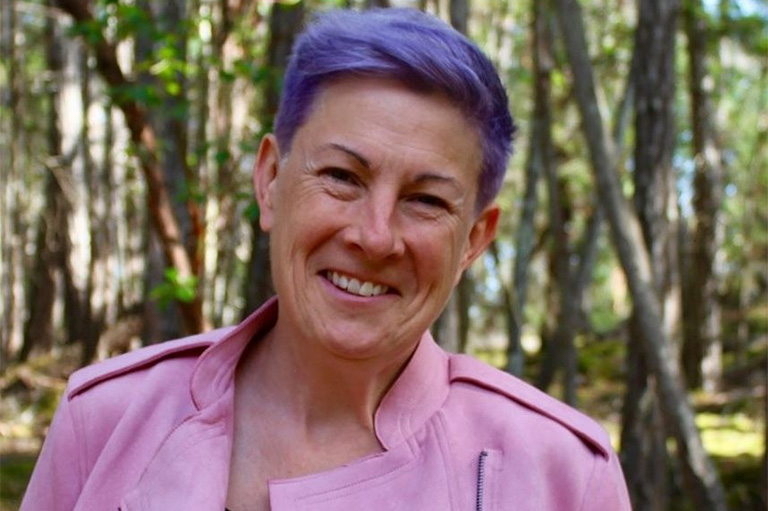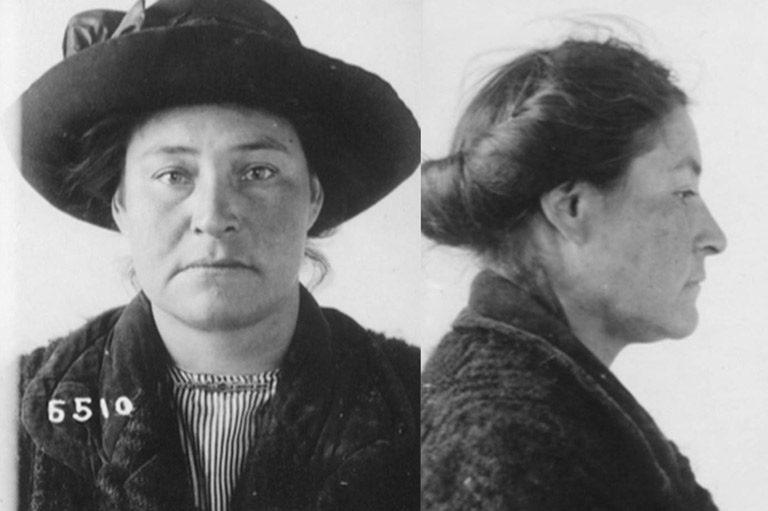High Honour

She never set foot in Canada, yet her name graces many of this country’s buildings and streets — and even a mountain. Beyond this country, every Oct. 12, many in England and Belgium commemorate the life of Edith Cavell, the English nurse whom Germany executed during the First World War for helping wounded soldiers gain safe passage out of a war zone.
The daughter of a rector, Cavell grew up in a village in Norfolk. After working in English hospitals, she moved to Brussels in 1907 to serve as matron for a new nursing school. In August 1914, Germany attacked Belgium, and then that November, Germany took control of Brussels. During the occupation, the nursing school became a Red Cross hospital, and Cavell cared for wounded French and British as well as German soldiers who had been too severely injured to move.
During 1914 and 1915, Cavell helped wounded Allied soldiers travel covertly to neutral Holland for further treatment or to simply return home. Germany caught wind of Cavell’s actions and arrested her in August 1915. She was held in solitary confinement for 10 weeks, court-martialled and sentenced to death for aiding Germany’s enemies. A firing squad executed her on Oct. 12, 1915. Outrage and tributes abounded internationally, including from Canadian Prime Minister Robert Borden’s government, which had tried to intervene to save Cavell’s life.
With 7 uniquely curated newsletters to choose from, we have something for everyone.
Canadians did their part to commemorate Cavell’s commitment to duty and service. In the decade after her death, half a dozen schools bearing her name opened across the country; Edith Cavell schools continue to operate in Vancouver, Moncton and St. Catharines, Ont. Cavell Drive in Winnipeg and the various Cavell avenues in the Greater Toronto Area honour her, as do streets in Guelph and Port Stanley, Ont. A wing of Toronto Western Hospital and a nursing school in Belleville, Ont., along with care homes in Vancouver and Lethbridge, Alta., were named in her honour.
Perhaps the most awe-inspiring tribute, however, is found in the Canadian Rockies. In 1916, the Canadian government named the most prominent peak in Alberta “Mount Edith Cavell.” Located in Jasper National Park, the mountain reaches 3,300 metres into the sky. Later, in 1932, St. Mary and St. George Anglican Church in Jasper, Alta., erected an Edith Cavell Memorial Tower featuring her last words: “I bear no hatred nor bitterness in my heart towards anyone.” The church was destroyed in the July 2024 wildfire, but there are plans to rebuild it.

Advertisement
If you believe that stories of women’s history should be more widely known, help us do more.
Your donation of $10, $25, or whatever amount you like, will allow Canada’s History to share women’s stories with readers of all ages, ensuring the widest possible audience can access these stories for free.
Any amount helps, or better yet, start a monthly donation today. Your support makes all the difference. Thank you!
Themes associated with this article
Advertisement









